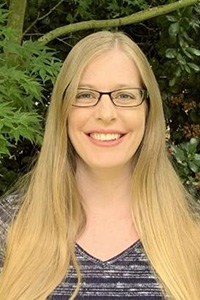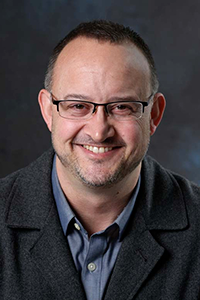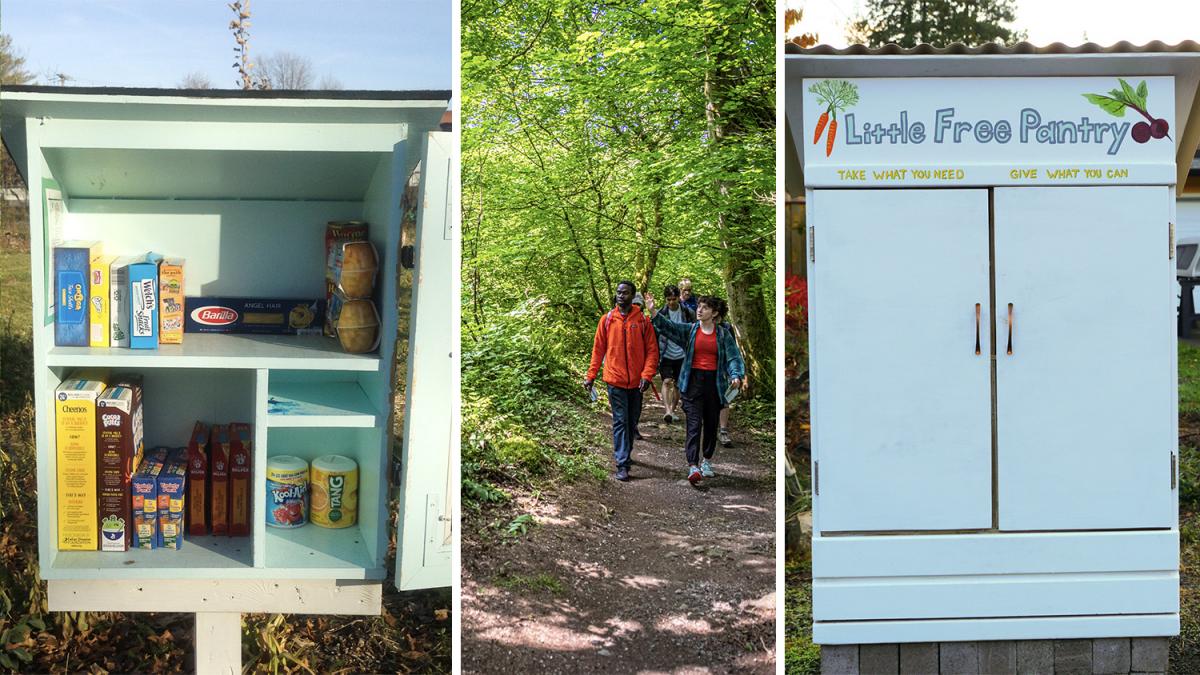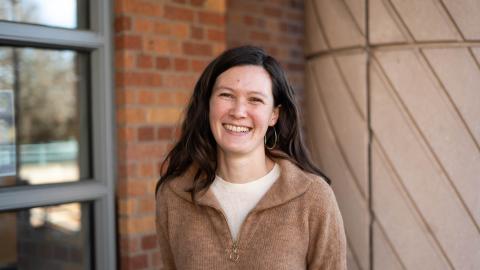
Two teams of researchers in the UW Department of Environmental & Occupational Health Sciences (DEOHS) and their partners have been awarded grants from the University of Washington Population Health Initiative to support research on neighborhood food-sharing efforts and urban green space.
The total value of all 11 of these tier 1 pilot grants is $358,706, including $266,843 from the initiative plus additional school, college and departmental matching funds.
“We continue to be impressed with the range of innovative, high-quality proposals we receive for this pilot grant program,” said Ali H. Mokdad, UW’s chief strategy officer for population health and professor of health metrics sciences. “There is a clear demand for funding for this type of foundational, capacity-building projects from our faculty, staff, students and community partners.”
How safe and effective are little free pantries?
DEOHS Assistant Teaching Professor Emily Hovis and Associate Teaching Professor Tania Busch Isaksen will work with Joe Graham of the Washington State Department of Health to study neighborhood share pantries—small, unattended open-access food pantries that operate on a “take what you need, leave what you can” model.
The team will identify communities with share pantries in Puget Sound, evaluate the safety and quality of food donations and survey people who use or donate to the share pantries to determine why they are doing so and what they think about the donations.
Boosting urban green space

Dr. Jeremy Hess, professor in DEOHS, Global Health and Emergency Medicine, will collaborate with public health practitioners and natural resource managers from the UW, the Nature Conservancy and the Washington State Department of Health on a project to promote urban green space.
The team will determine locations across the Puget Sound region where protection and restoration of urban green space have the greatest potential to enhance human health, abate health disparities and further environmental resilience.
They will develop a GIS-based analysis to identify communities where investing in green infrastructure could be prioritized to promote health. These layers will be incorporated into a green infrastructure prioritization tool and into the Washington Environmental Health Disparities Map.
Team members include Kristin Hayman and Phillip Levin of the School of Marine & Environmental Affairs; Josh Lawler of the School of Environmental & Forest Sciences; Jamie Robertson of The Nature Conservancy; and Julie Fox, Buffi LaDue, Allison Ertl, Christopher Ahmed and Marnie Boardman of the Washington State Department of Health.




